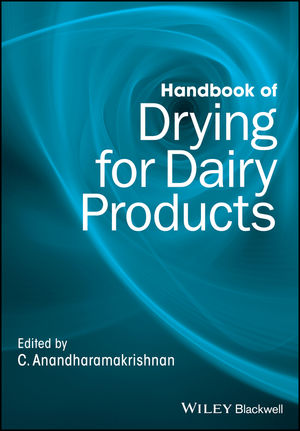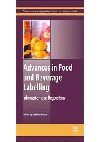IDFA proposes recommendations for FDA recall process
International Dairy Foods Association recommends five steps.

Photo courtesy of bymuratdeniz / iStock / Getty Images Plus

In an era of increasingly digitized food supply chains facilitating rapid communication all the way to consumers, it is crucial for government agencies to keep pace with the ever-changing landscape. Unfortunately, few areas better exemplify government lagging behind industry than the U.S. Food and Drug Administration’s (FDA) recall processes and policies.
Having spent 33 years in public service with the FDA and the U.S. Department of Agriculture’s (USDA) Food Safety and Inspection Service (FSIS), I’ve seen firsthand the need for comprehensive modernization and harmonization of these processes and policies.
Most food recalls in the United States are voluntary, driven by a sense of responsibility and commitment to public health by food companies. These companies act with urgency to remove adulterated and misbranded products from the market, often implementing voluntary recalls before FDA reviews and clears company press releases and officially classifies them. Because it can take the FDA weeks to classify voluntary food recalls, companies act ahead of the FDA to avoid unnecessary delays in protecting consumers.
To address these challenges, the International Dairy Foods Association (IDFA) proposes several key recommendations for the FDA to modernize its recall processes and policies:
1. Dedicated Staff and Consolidation: The FDA should dedicate staff to its recall operations to expedite health hazard evaluations and recall classifications. Moreover, the consolidation of recall staff from different components within the FDA under the new Human Foods Program will ensure a more cohesive and efficient recall management system.
2. A New Regulatory Oversight Model for Voluntary Food Recalls: A bold step toward modernization would involve shifting the responsibility for voluntary recalls wholly to food companies themselves. They should independently handle recall scoping, classification and communication. In the aftermath of a voluntary recall, companies would be expected to reassess their food safety programs, take corrective actions, and report these actions to the FDA. This approach aligns with the prevention-oriented and continual-improvement focus of FSMA by empowering companies to take more significant responsibility for the safety of their products.
3. Focus on Retrospective Regulatory Oversight: The FDA’s oversight of industry’s voluntary recall activities should be focused on retrospective reviews conducted during routine inspections. Given that recall plans and management often happen centrally in medium and large companies, these reviews can be conducted partly as remote regulatory assessments or as part of a two-tier inspection approach.
4. Industry Self-Classification Tool: The FDA should create a tool for the industry to classify its own voluntary recalls, with the capacity to identify unique and novel recall situations that would require FDA involvement. This approach would not only streamline the recall process but also promote a more efficient allocation of FDA resources. Given Class 1 and Class 2 recalls require different actions by companies, this type of modernization is a critical need.
5. Harmonize FDA-USDA Approaches: Additionally, harmonization between the FDA and USDA recall processes and communications is a must. This would significantly benefit facilities producing both FDA- and USDA-regulated products by creating a streamlined approach to navigate the federal recall process. IDFA specifically suggests that FDA implement a recall committee process similar to USDA’s FSIS, which has been proven efficient and effective.
To reduce Class 1 voluntary food recalls, IDFA is urging FDA to adopt a prevention-oriented approach as envisioned through FSMA and embraced by industry. By identifying contributing factors for specific broad categories of Class 1 voluntary food recalls — e.g., undeclared allergens, foodborne pathogens — the agency and industry can proactively address issues before they escalate and prevent recurrence of similar voluntary recalls.
As a next step, IDFA recommends FDA convene a public meeting specifically addressing the unique challenges presented by voluntary food recalls. These recalls require a distinct approach from medical product recalls, necessitating a focused dialogue between industry stakeholders and regulatory authorities.
It is time for the FDA to embrace more nimble and effective best practices that leverage industry collaboration to create a recall system that is more efficient, responsive, and aligned with the needs of consumers and businesses alike. In doing so, we can improve public health outcomes and strengthen public confidence in the safety of our food supply.
Looking for a reprint of this article?
From high-res PDFs to custom plaques, order your copy today!









